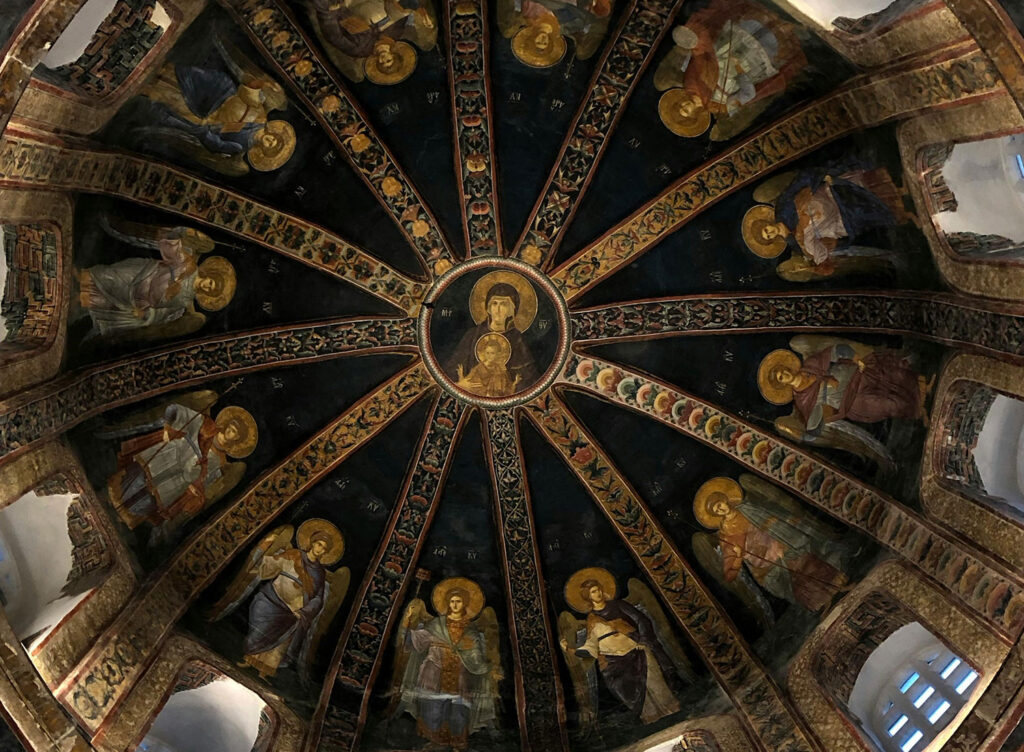“The Importance of Church History”
When I was a Seminary student fifty plus years ago I was required to take church history. At first I was not pleased because I wanted to spend my time studying theology and New Testament studies. But to my surprise I really came to see the importance of the church’s past in order to understand the present. I thought it might be helpful to explore history in this Lenten season.
Henry Ford once growled, “History is bunk.” Now that Henry Ford himself is history, we can dare to take a more enlightened view of things. History matters. Those who have died still speak. They are not excluded from our conversations just because they’re gone. In the end, studying the past reveals God’s faithfulness-then and now. This is not to say that the study of history is without controversy. Recently, President Trump signed an executive order that the Smithsonian Institution and other museums receiving federal funds must present only positive stories about America.
Make no mistake: America is an extraordinary country. But the American story, like all stories of families, nations, religions, and ideologies, is marked by setbacks, failures, and tragic mistakes. Refusing to tell those parts of the story does not make them go away.
As Historian Mark Noll put it, “God sustains the church despite the church’s own frequent efforts to betray its Savior and its own high calling….Despite a dazzling array of God-honored triumphs, and despite a wide and deep record of godliness among believers of high estate and low, the sad fact is that the church’s history, is often a sordid, disgusting tale.
Catholic Popes have often been a favorite target of religious skeptics. For example, Pope Stephen VI exhumed the corpse of his predecessor Pope Formosus in 896, for the curious purpose of putting him on trial. No one was surprised that Formosus, dressed in formal papal vestments, never spoke a word in his own defense. Nor can the brightest lights of the Protestant Reformation escape scrutiny.
In his cantankerous later years, Martin Luther wrote an exceedingly regrettable tract called “Against the Jews and Their Lies.” For hundreds of years, the Church participated in Europe’s maniacal pursuit of people (mostly women) who were suspected of witchcraft. The Spanish Inquisition of the 15th and 16th centuries sometimes pursued in brutal fashion suspected heretics and Jews.
Jesus said during his final hours, “By this will everyone know you are my disciples, if you love one another.” (John 13:35) Sadly, history is dominated by stories of Christians who can’t or won’t get along with other Christians. A day is coming, Jesus says, when God will right every wrong. Until then we recognize that God’s faithfulness is not erased by our failures. The Spirit is continually remaking and reforming the church.
Our track record may be spotty. But God is seriously committed to setting things right. And Jesus has promised the best gift of all: “I am with you always, even to the end of the age.”
Faithfully,
Ron Naylor, Chaplain


